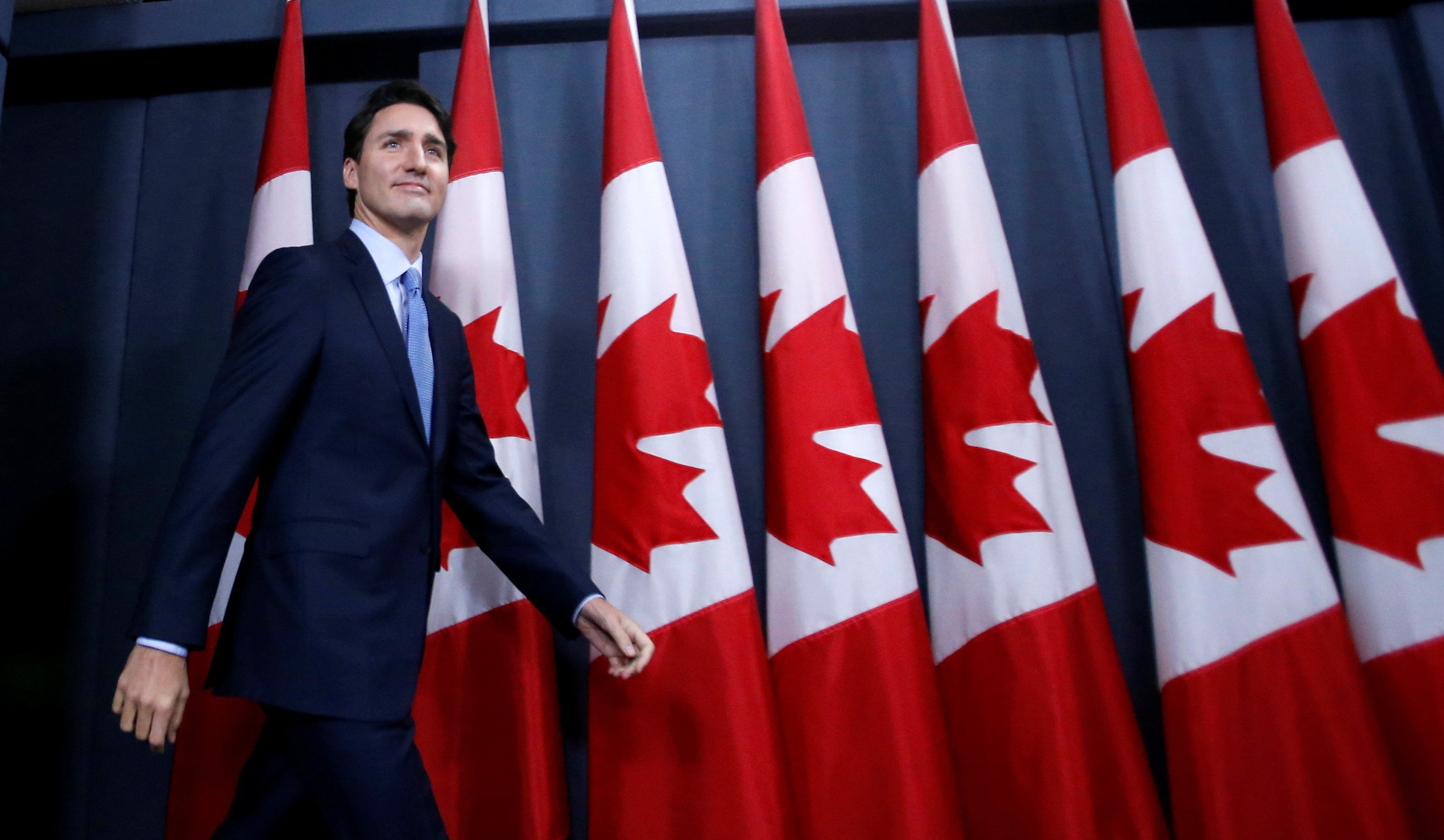Last week, the Trudeau government enacted a digital services tax that has been in the works for years — and the US is ready to retaliate. The tax promises big money for the feds, with billions in revenue expected from big tech companies that earn more than CA$1.1 billion a year.
Canada had hoped to convince its peer countries in the OECD to follow suit on the same timeline — what Finance Minister ChrystiaFreeland called the “multilateral solution” — but that hasn’t happened. At least not yet.
The US, which wants to wait on imposing any such tax, is threatening to respond to the policy. The country’s ambassador to Canada, David Cohen, labeled the tax “discriminatory,” and trade representative Katherine Tai is looking at options in response, which might include action under the US-Mexico-Canada Free Trade Agreement.
Canada is already staring down a 2026 USMCA review, which could prove a rocky undertaking if Donald Trump wins in November. The former president has promised a global import tariff if he’s returned to the White House, which may or may not apply to Canada. The Trump campaign hasn’t clarified the scope of the policy. In March, Tai warned Canada not to get “too comfortable” with the free-trade status quo, which might be heading for upheaval, potentially alongside some punishment for Canada’s unilateral digital services tax.
